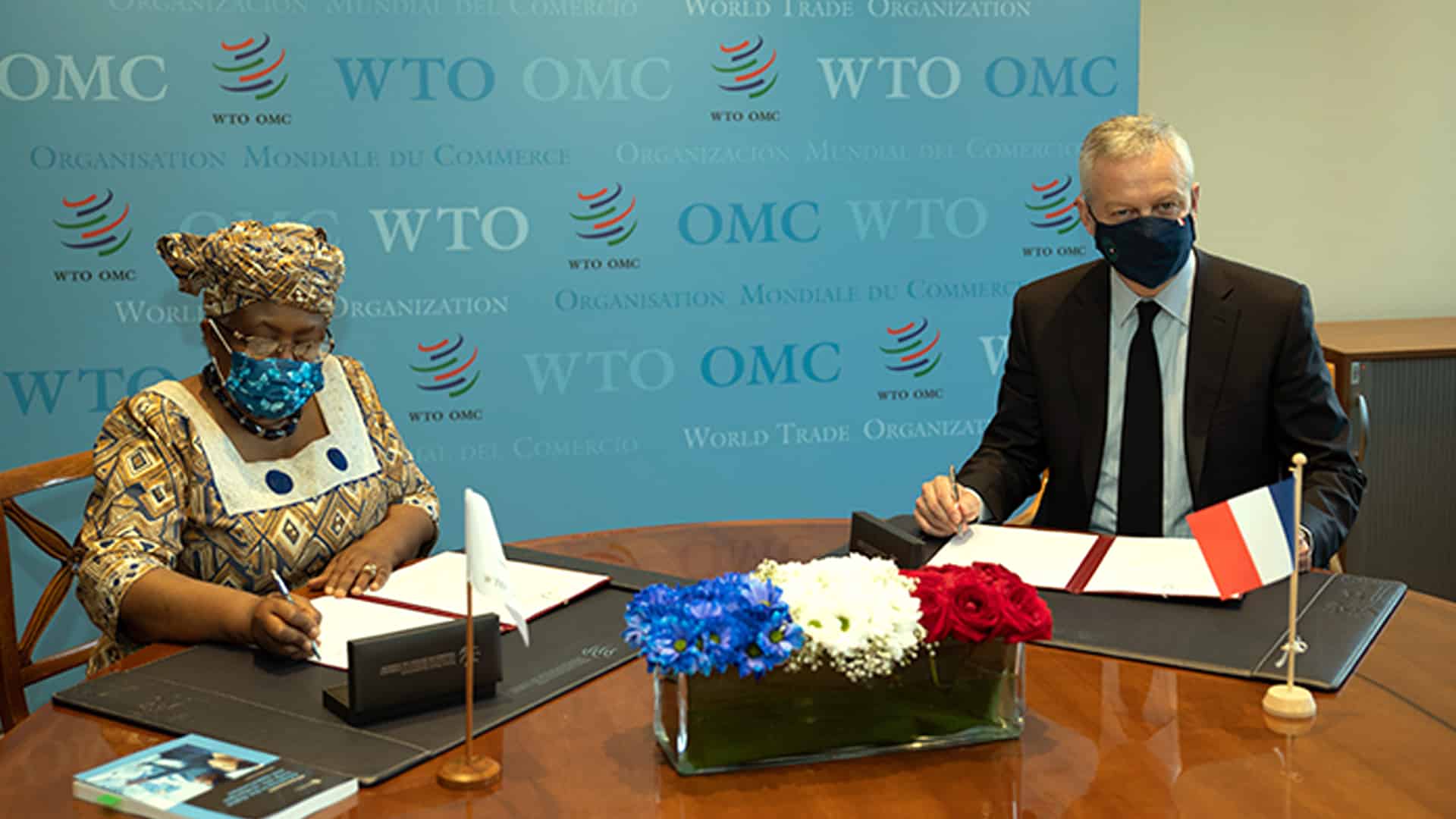A temporary waiver of certain provisions of intellectual property rights’ agreement for tackling COVID-19 will help in saving valuable human lives and accelerate the recovery of global trade and world GDP, according to Brajendra Navnit, Indian Ambassador and Permanent Representative to the World Trade Organisation. The proposal for temporary waiver from certain provisions of TRIPS agreement is first on priority list, he has said during the formal TNC (trade negotiations committee) and informal HODs (head of delegations) meetings on May 3.
To slow down the virus’ ability to infect new people and mutate further, there is a need for a true global vaccination drive in a time bound manner, and the limited waiver is an effective and pragmatic way to help in achieving it, Navnit said. “An outcome on this will not only help in saving valuable human lives but will also give a comforting signal to boost the consumer confidence and will accelerate the recovery of global trade and world GDP,” he added. In October 2020, India and South Africa submitted a proposal suggesting a waiver for all WTO (World Trade Organization) members on the implementation, application and enforcement of certain provisions of the TRIPS Agreement in relation to the prevention, containment or treatment of COVID-19.
The agreement on Trade-Related Aspects of Intellectual Property Rights or TRIPS came into effect in January 1995. It is a multilateral agreement on intellectual property (IP) rights such as copyright, industrial designs, patents and protection of undisclosed information or trade secrets. He also said that “We are working on the revised text of the TRIPS Council proposal and engaging in bilateral consultations”. On e-commerce matter, he said the pandemic has further brought out the gaps in the digital capacities of the members and the need of the hour is to build capacity in areas such as digital skills and infrastructure, rather than negotiating binding rules on e-commerce.
“It is also important to bring clarity on the scope, definition and impact of the moratorium on custom duty on electronic transmission, its potential impact on the sustainability of the domestic industry and negative impact on job creation and revenue generation,” he added.

